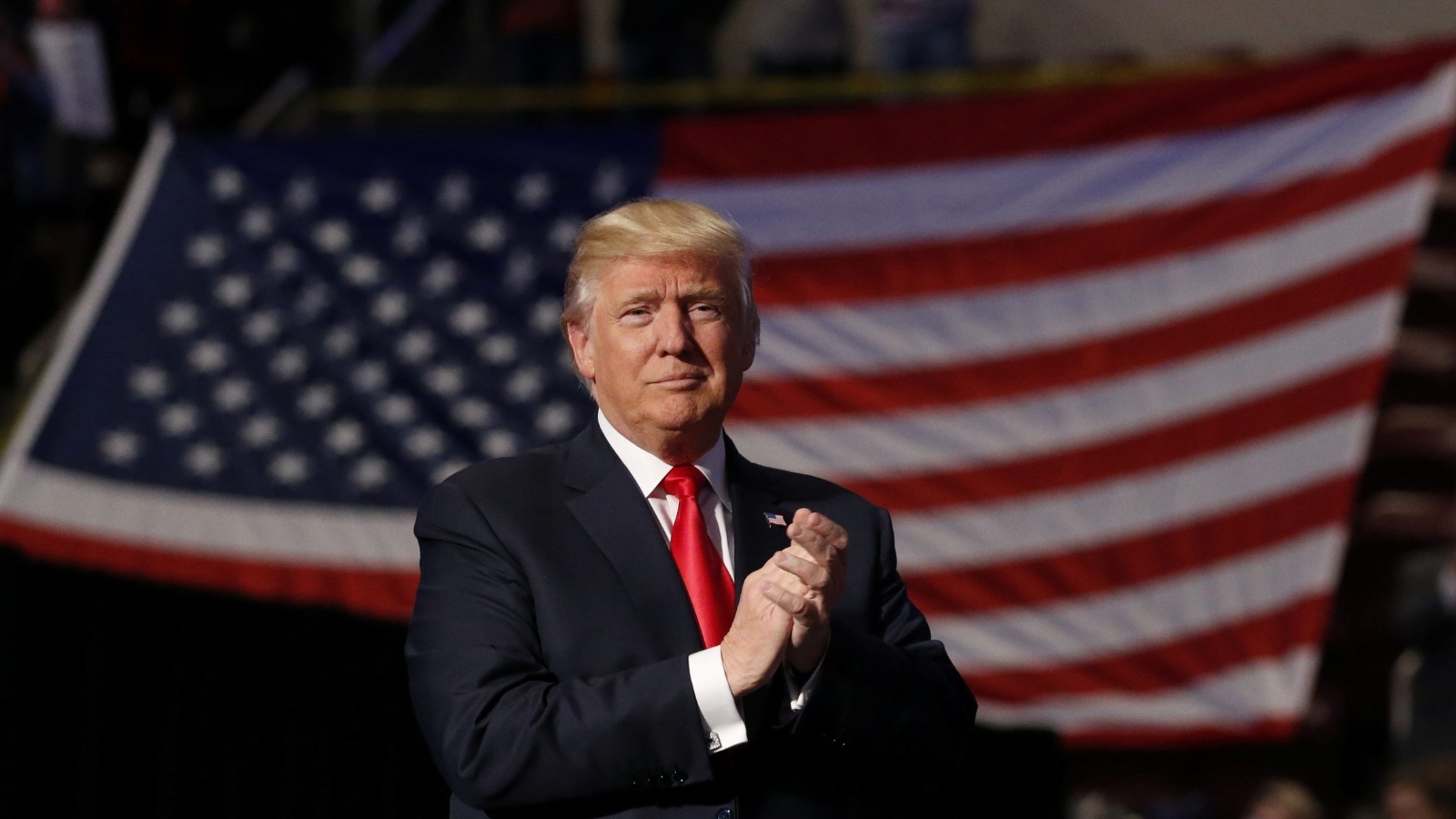Legal experts warn that the executive order may suppress pro-Palestinian activism and violate free speech rights.
Legal analysts argue that U.S. President Donald Trump’s executive order aimed at combating antisemitism could infringe on constitutional rights and silence pro-Palestinian advocacy. The order, signed last week, introduces measures that may lead to the deportation of students involved in pro-Palestinian protests.
Hatem Bazian, a professor at the University of California, claims the order targets growing anti-Israel demonstrations, particularly on university campuses. He suggests it is designed to intimidate foreign students by using antisemitism allegations as a pretext to curb dissent. Bazian warns that this move could backfire, strengthening alliances between immigrant rights groups and Palestinian advocates.
Robert McCaw, director of government affairs at the Council on American-Islamic Relations (CAIR), shares these concerns. He argues that the order directly threatens free speech by equating support for Palestine with antisemitism. He also believes the deportation provision lacks a solid legal basis and will face strong legal opposition.
Critics caution that the executive order grants excessive power to campus administrators, endangering international students and non-citizens involved in activism. However, Bazian emphasizes that support for the Palestinian cause in U.S. universities is at an all-time high, and the order may ultimately strengthen the movement it seeks to suppress.
As human rights groups and legal teams prepare to challenge the executive order, the debate continues over balancing efforts to combat antisemitism with protecting political activism and free speech.











